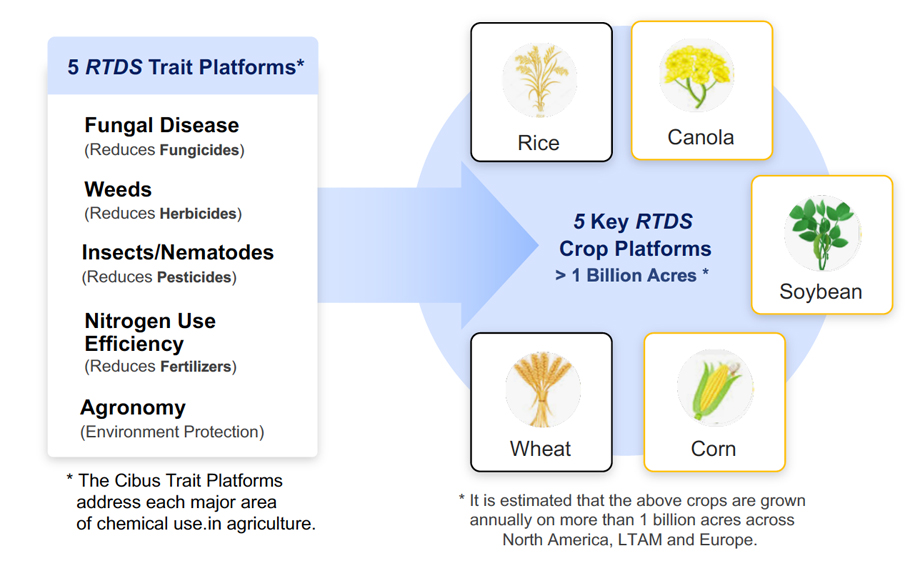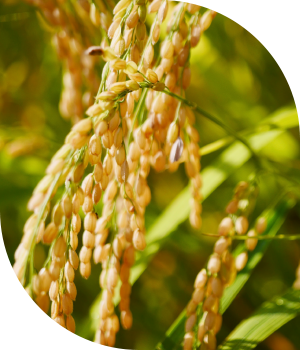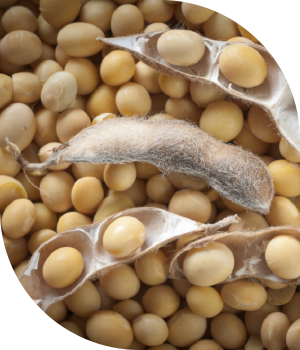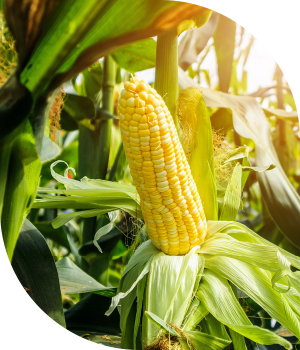Trait Product Pipeline
Our Trait Product Pipeline integrates Cibus’ Crop Platforms in Canola, Rice, Soybean, Wheat and Corn with our Trait Platforms for Weeds, Disease, Pests and Agronomy.

Productivity Trait products are category and crop specific. We develop specific traits in specific crops to address specific challenges faced by farmers. In each crop, our trait products are focused on the primary challenges of the crop protection industry for each crop. In addition, our products are focused on traits that can help reduce fertilizer use and address certain agronomic challenges.
Our trait product breeding programs are based on building crop specific RTDS® technology platforms for each crop. Our initial trait products are expected to be in canola, rice and soybean as we have established RTDS Crop Platforms in canola and rice and expect to have successfully developed our RTDS soybean and wheat platforms by year end 2023. We expect our corn platform to be complete by 2025.

Our Initial Trait Products

Canola/Oilseed Rape
Canola was the first crop for which we successfully implemented of our RTDS breeding platform. Because of this, canola is the first crop for which we have built an integrated family of Productivity Traits for a single crop platform. We have our lead trait, Pod Shatter Reduction, as well as two traits in late-stage development for Sclerotinia (white mold disease) resistance and an herbicide tolerance trait.
Canola/Oilseed Rape is an approximately 40-million-acre market that is split between North America and Europe. Regulatorily, both the United States and Canada have developed regulations that consider the new gene editing technologies similarly to conventional breeding. Europe still regulates gene editing as GMO but recently published a study favoring new regulations to treat new gene editing technologies similarly to conventional breeding. If it happens, it is expected that new regulations would take approximately three years.
Pod Shatter Reduction (PSR)
PSR is our lead Cibus Powered™ trait product. We have had several successful field trials and agreements with several leading seed companies both in North America as well as in Europe. We expect to make the first transfers of customer’s elite germplasm with the edited trait in 2023. We expect these 1st transfers to be commercially launched in North America in 2025. If the EU changes their regulations in 2023 as expected, we expect PSR to be launched in the EU by 2027.
Herbicide Tolerance
We have licensed in initial traits for nutrient use efficiency in canola that we are beginning to start the editing process.
Our herbicide tolerant and disease resistant traits in our canola pipeline have been filed and been determined not to be regulated articles through the USDA’s “Am I Regulated” process, (https://www.aphis.usda.gov/aphis/ourfocus/biotechnology/am-i-regulated) which was replaced with the SECURE Rule’s confirmation process. The successful development and transfer of these first traits to our customers will be an important milestone in the gene editing industry. It will also be a major commercial milestone in the growth of Cibus.
Disease Resistance
We are very encouraged by our initial field trials for our initial trait for Sclerotinia (white mold) resistance in canola and winter oilseed rape. This is particularly important because, if successful, we believe it will be the first commercially available gene edited trait for disease in any crop. Together, with Pod Shatter Reduction and our herbicide tolerance trait, we are excited to have a family of traits available to the canola industry.
Nutrient Use Efficiency
We are in early discovery stage towards a trait for nutrient use efficiency in canola and expect to advance this trait to greenhouse and field trials by the mid-2020s.
Our herbicide tolerant and disease resistant traits in our canola pipeline have been filed and cleared by USDA APHIS “Am I Regulated” process. (https://www.aphis.usda.gov/aphis/ourfocus/biotechnology/am-i-regulated) and will be regulated in the US as products from traditional breeding.





